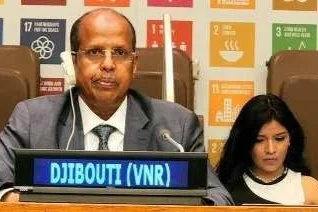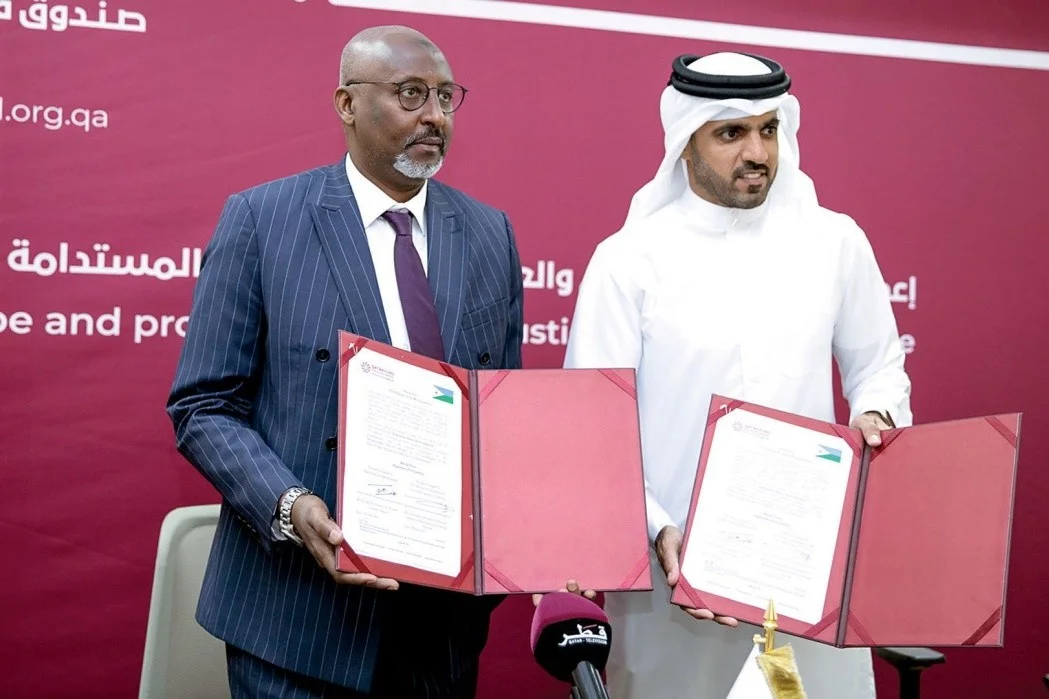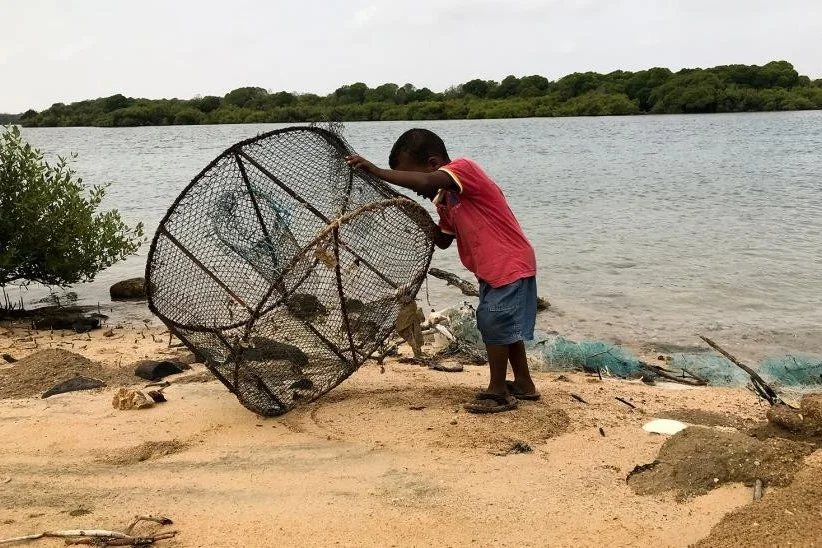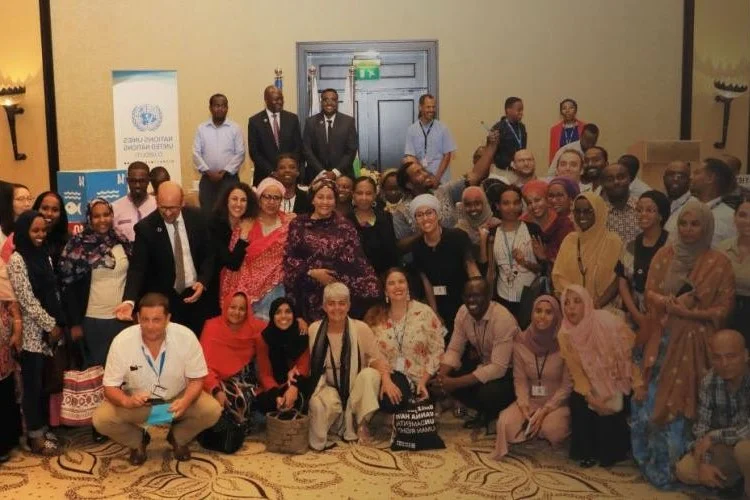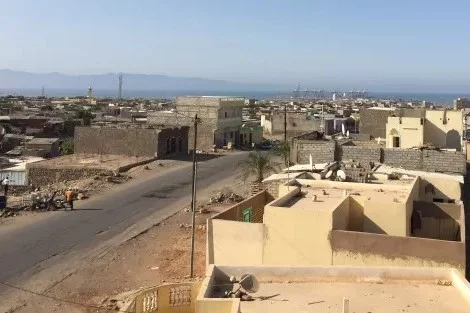A golden opportunity for Djibouti to become a global supplier of green hydrogen
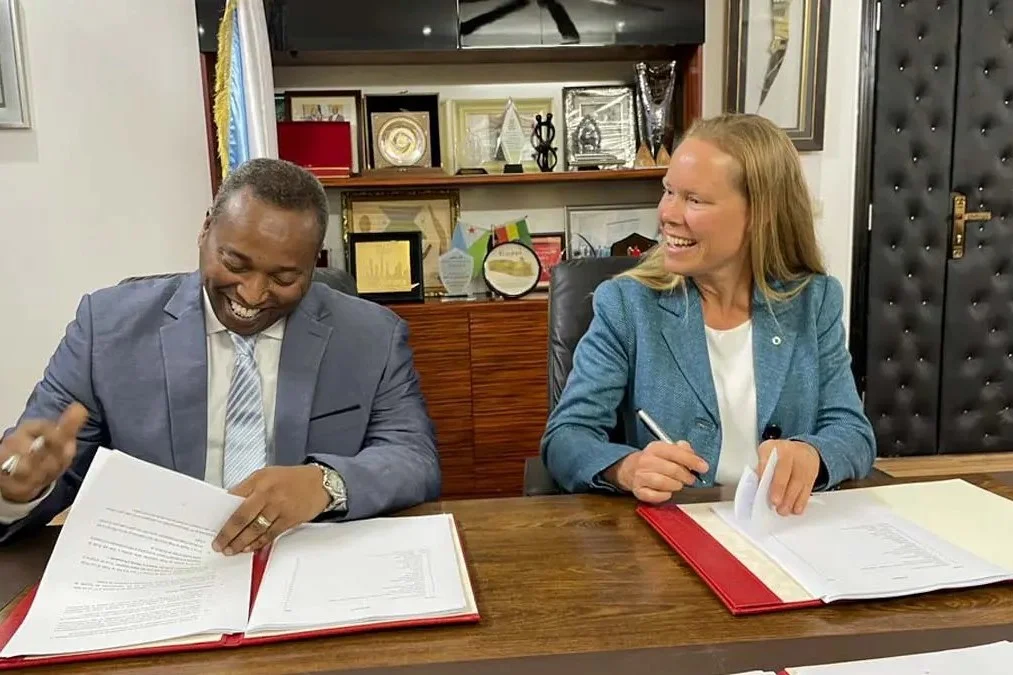
African markets have taken important steps towards developing the green hydrogen industry in the coming decades, with Djibouti leading the way as countries around the world rush to enhance their clean fuel supplies.
In this context, “Fortescue Future Industries” – the renewable energy arm of Fortescue Metals – has announced a new partnership with the government of Djibouti to conduct studies related to the development of the clean fuel industry in the country, according to the Renew Economy website.
Djibouti’s choice of the Australian company may raise questions, especially as the country’s president, Ismail Omar Guelleh, is described as a “dictator”.
However, Julie Shuttleworth, CEO of Fortescue Future Industries, said that the East African coastal state has the opportunity to become a leading global supplier of green hydrogen, as it has abundant renewable energy sources and the necessary infrastructure, according to the specialized energy platform.
Green hydrogen in Djibouti
The framework agreement signed by Djibouti and Fortescue Future Industries represents a major step towards producing green hydrogen in the country for the first time.
Julie Shuttleworth, CEO of Fortescue Future Industries, explained that the partnership with the Republic of Djibouti is an important step towards reducing emissions and pushing forward green energy projects.
She added, “Solar energy, wind energy, and geothermal energy in Djibouti, along with port infrastructure, make it an attractive location for green hydrogen production.”
The International Energy Agency: Africa can produce 5 billion tons of hydrogen
The Australian company is looking forward to working with the Djibouti government on the new project and is committed to providing social, environmental, and economic benefits.
The agreement will provide the Australian company with the means and rights to complete studies related to the feasibility of hydrogen production, as well as the installation of underground gas storage facilities.
Based on the results of the studies, the two parties may then negotiate expanded agreements to develop and establish green hydrogen production facilities in Djibouti.
Younis Ali Gedi, Minister of Energy and Natural Resources in Djibouti, welcomed the interest of Fortescue Future Industries and his country’s acquisition of a share of the growing green hydrogen market.
He said, “It is not in Djibouti’s interest to miss this historic opportunity when green hydrogen becomes a fuel for energy transition… This project has the potential to achieve significant economic and social impact, in terms of job creation.”
Fortescue’s African partnerships
Fortescue has previously entered into similar partnerships with other African governments in the Democratic Republic of Congo, Kenya, and Ethiopia, as part of its ambitious vision to produce green hydrogen and green steel.
Andrew Forrest, the Australian billionaire and chairman of Fortescue Metals, explained the company’s need for about 450 gigawatts of renewable energy to support its ambitious goals of producing about 15 million tons of green hydrogen annually by the end of the decade.
This is double the amount of renewable energy installed worldwide last year, according to data from the International Renewable Energy Agency (IRENA), as reported by the specialized energy platform.
Green hydrogen enhances Africa’s capacity to support sustainable development (report)
During the past year, Forrest embarked on a global tour of some countries that will host future projects and succeeded in concluding agreements with national governments, as well as with governments within Australia.
Forrest met with Congolese President Felix Tshisekedi to discuss the development of the Inga hydroelectric dam project, as it is expected to use the dam’s energy to produce and export hydrogen worldwide.
The private sector alliance in Kenya signed a memorandum of understanding with the Australian company to assist its members in developing new green projects in the country, and the company plans to build a facility for producing green hydrogen and ammonia.
Since September 2020, the Australian company has been in talks with the Ethiopian government to develop green technologies, and these talks bore fruit earlier this month.
The government granted Fortescue the first license to produce hydrogen as part of its efforts to develop renewable sources.
The Australian company plans to finance most of its green energy projects from its general budget and invest about one billion dollars annually from its private funds.
 Algeria
Algeria Bahrain
Bahrain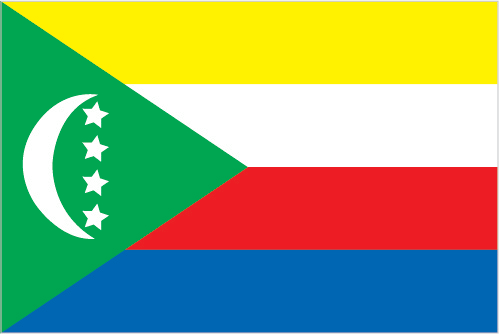 Comoros
Comoros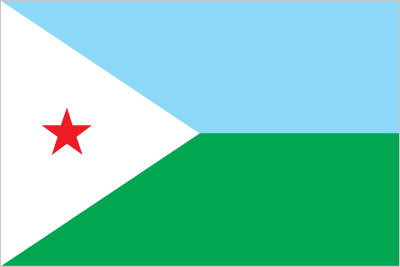 Djibouti
Djibouti Egypt
Egypt Iraq
Iraq Jordan
Jordan Kuwait
Kuwait Lebanon
Lebanon Libya
Libya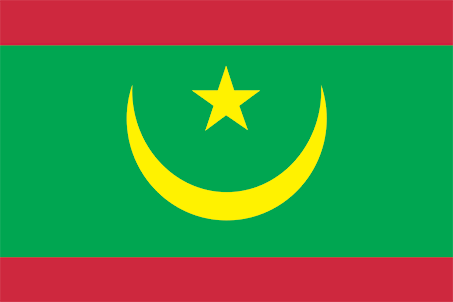 Mauritania
Mauritania Morocco
Morocco Oman
Oman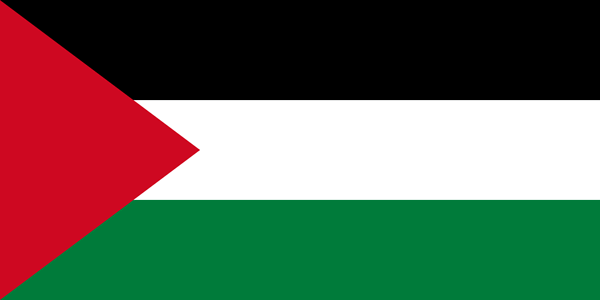 Palestine
Palestine Qatar
Qatar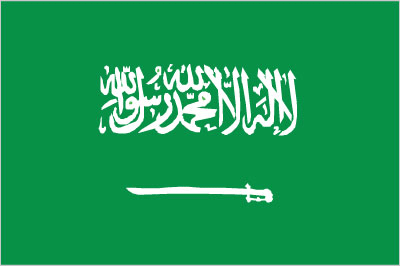 Saudi Arabia
Saudi Arabia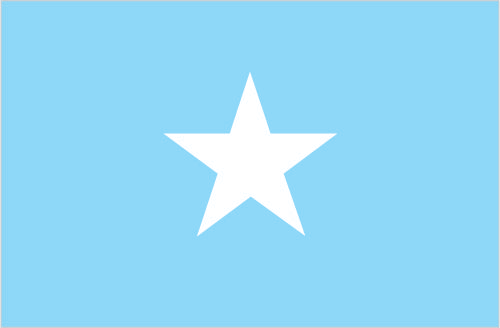 Somalia
Somalia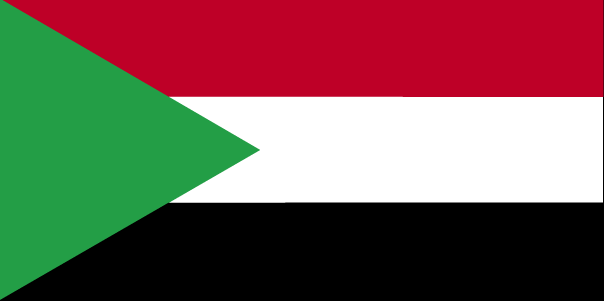 Sudan
Sudan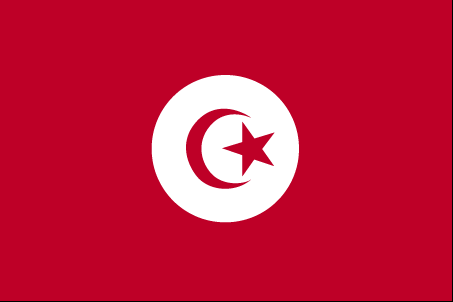 Tunisia
Tunisia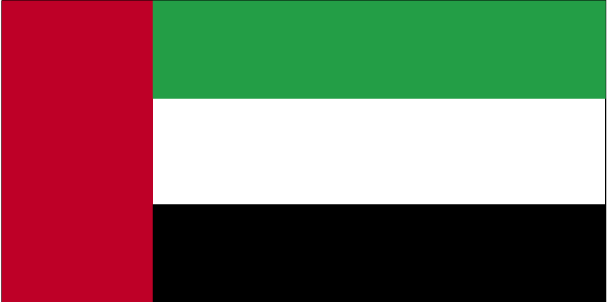 UAE
UAE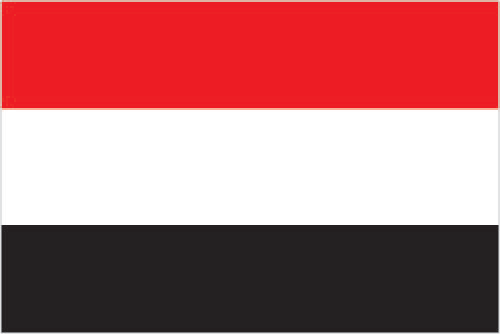 Yemen
Yemen